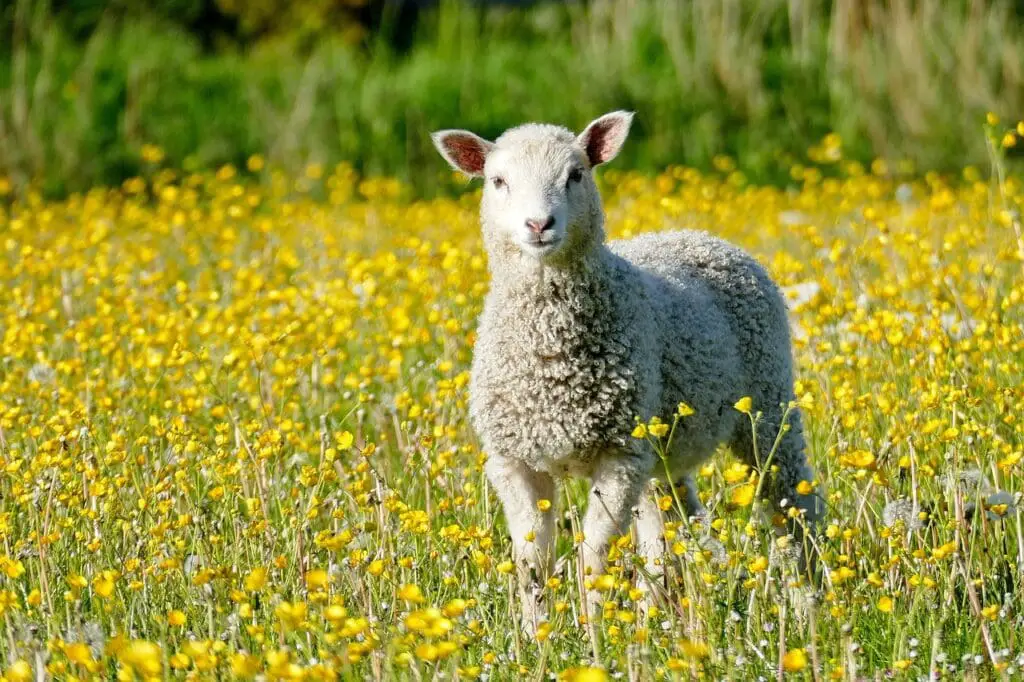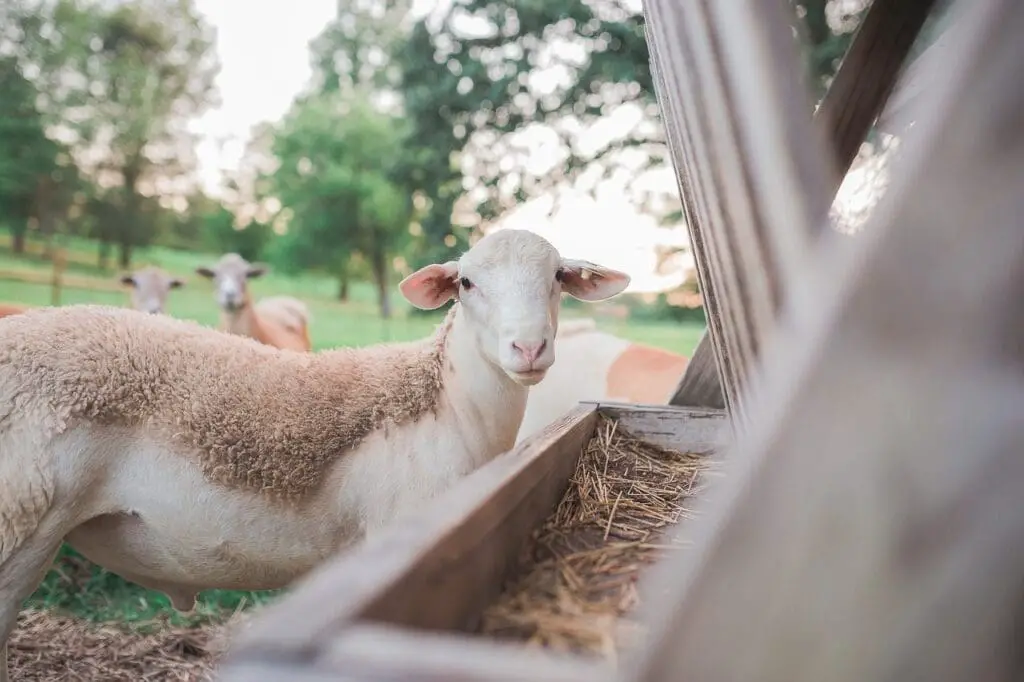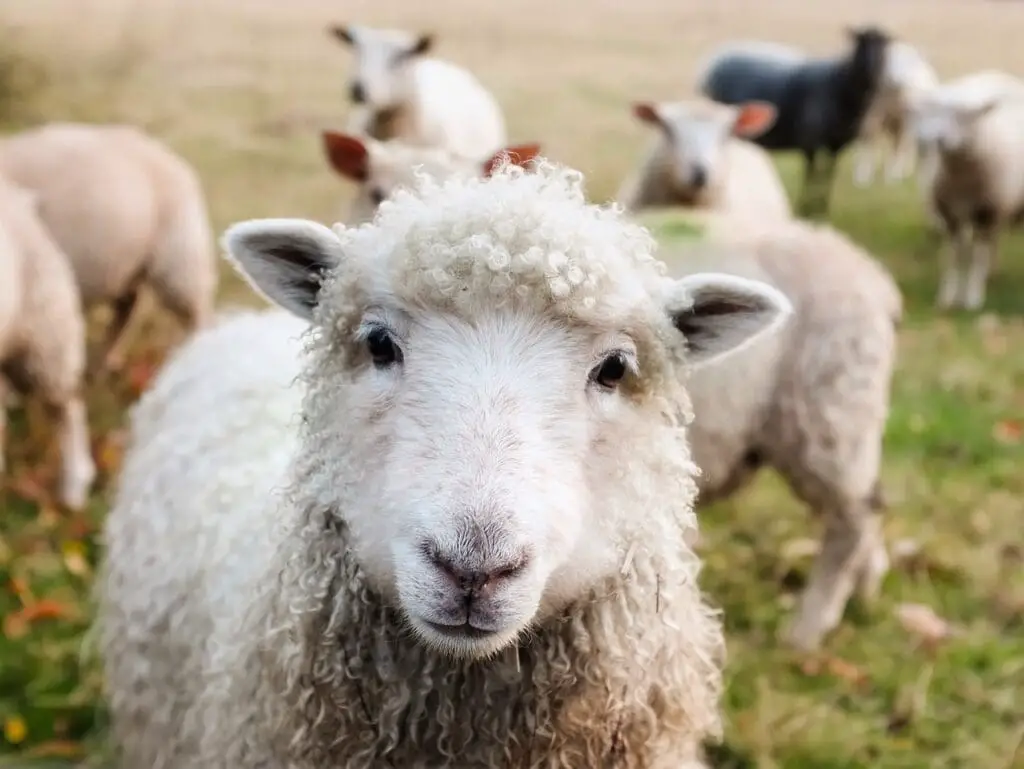Key Takeaways
- Sheep can eat bamboo, but it is important to consider the nutritional value and potential challenges associated with its consumption.
- Bamboo is primarily composed of carbohydrates and contains moderate amounts of protein and fiber.
- The high silica content in bamboo may pose a challenge for a sheep’s digestive system, so it is recommended to provide young and tender bamboo shoots.
- Feeding bamboo to sheep can have potential benefits for digestion and overall health, but there are also risks, such as the presence of toxins or harmful substances.
- It is crucial to follow specific guidelines and recommendations when incorporating bamboo into a sheep’s diet, including introducing it gradually and sourcing it from reputable suppliers.
Introduction
Sheep are known for their ability to graze on a variety of plants and vegetation, but can they eat bamboo?
Bamboo is a type of grass that is known for its fast growth and versatility. It is commonly found in regions with a tropical or subtropical climate and is often used for various purposes, such as construction, furniture, and even food. However, when it comes to feeding bamboo to sheep, there are certain factors that need to be considered.
Details on the nutritional value of bamboo for sheep
Bamboo is a versatile plant that is known for its fast growth and abundance. It is commonly used as a food source for various animals, but can sheep eat bamboo? Understanding the nutritional value of bamboo for sheep is crucial in determining whether it can be incorporated into their diet.
Bamboo is primarily composed of carbohydrates, making it a good source of energy for sheep. It also contains a moderate amount of protein, which is essential for muscle development and overall growth. Additionally, bamboo is rich in fiber, which aids in digestion and promotes a healthy gut.

One important aspect to consider is the presence of silica in bamboo. Silica is a mineral that provides structural support to plants, but it can be challenging for animals to digest. Sheep have a unique digestive system that allows them to break down cellulose, the main component of plant cell walls. However, the high silica content in bamboo may pose a challenge for their digestive process.
To ensure that sheep can safely consume bamboo, it is recommended to provide them with young and tender bamboo shoots rather than mature stalks. Young shoots have a lower silica content and are easier for sheep to digest. It is also important to introduce bamboo gradually into their diet to allow their digestive system to adjust.
In summary, while sheep can eat bamboo, it is essential to consider the nutritional value and potential challenges associated with its consumption. Providing young shoots and introducing bamboo gradually can help ensure that sheep can safely incorporate this plant into their diet.
Potential benefits and risks associated with feeding bamboo to sheep
Feeding bamboo to sheep can have both potential benefits and risks.
One potential benefit of feeding bamboo to sheep is its nutritional value. Bamboo is rich in fiber, which can aid in digestion and promote a healthy gut. It also contains essential minerals such as potassium, calcium, and magnesium, which are important for the overall health and well-being of sheep. Additionally, bamboo is low in fat and calories, making it a suitable option for sheep that need to maintain a healthy weight.



However, there are also potential risks associated with feeding bamboo to sheep. One concern is the presence of silica in bamboo, which can be difficult for sheep to digest. High levels of silica can lead to digestive issues and blockages in the gastrointestinal tract. Therefore, it is important to ensure that bamboo is properly processed and prepared before feeding it to sheep.
Another risk is the potential for bamboo to contain toxins or harmful substances. Some species of bamboo may contain cyanogenic glycosides, which can release cyanide when ingested. This can be toxic to sheep and may cause symptoms such as weakness, difficulty breathing, and even death. It is crucial to source bamboo from reputable suppliers and ensure that it is safe for consumption.
In conclusion, while there are potential benefits to feeding bamboo to sheep, such as its nutritional value, it is important to be aware of the potential risks. Consulting with a veterinarian or animal nutritionist is recommended to determine the appropriate amount and preparation of bamboo for sheep, taking into consideration their specific dietary needs and any potential health concerns.
Specific guidelines and recommendations for incorporating bamboo into a sheep’s diet
When considering incorporating bamboo into a sheep’s diet, it is important to follow specific guidelines and recommendations to ensure the safety and well-being of the animals. While bamboo can be a nutritious addition to a sheep’s diet, there are certain factors to consider.
Firstly, it is crucial to introduce bamboo gradually into the sheep’s diet. Abrupt changes in diet can lead to digestive issues and discomfort for the animals. Start by offering small amounts of bamboo and gradually increase the quantity over time.
Secondly, it is recommended to provide fresh and young bamboo shoots to the sheep. Older bamboo can be tough and fibrous, making it difficult for the animals to digest. Fresh shoots are more tender and easier for the sheep to consume.
Additionally, it is important to ensure that the bamboo is free from any pesticides or chemicals. Sheep are sensitive to toxins, so it is crucial to source bamboo from a reliable and organic supplier.
Furthermore, it is advisable to consult with a veterinarian or an animal nutritionist before incorporating bamboo into a sheep’s diet. They can provide specific recommendations based on the individual needs and health conditions of the sheep.

